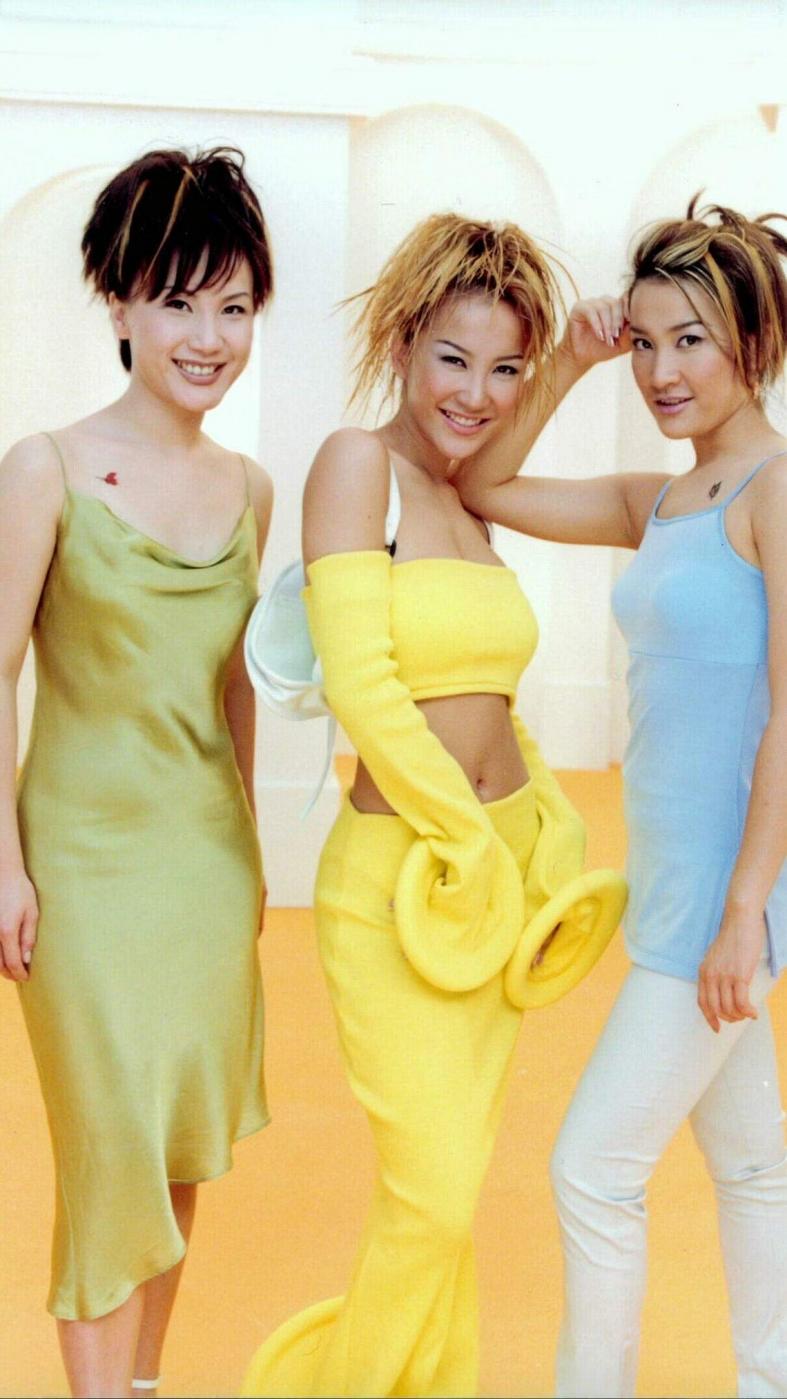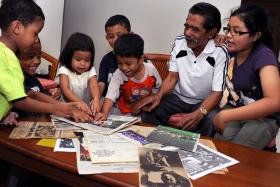Raised in the US, Coco Lee pushed boundaries for Mandopop singers
At times flamboyant and often sporting blonde or reddish-brown hair, Coco Lee was one of a kind in the Mandopop world.
The petite pop diva, who died at age 48 on Wednesday, is best remembered for her Western-style music, strong but soulful vocals, bubbly spirit and playful, sexy persona.
Born Ferren Lee in Hong Kong to a lawyer father and a Chinese physician mother, Lee was the youngest of three daughters, alongside older sisters Nancy and Carol.
As a child, Lee’s family moved to San Francisco, United States, where she grew up.
After graduating from high school in 1992, she returned to Hong Kong and got her big break at the 1993 New Talent Singing Awards. She belted out the late American singer Whitney Houston’s Run To You (1993) and clinched the first runner-up prize. The next day, she was offered a recording contract.
A year later, her debut Mandarin album Love From Now On (1994) was released in Taiwan, where she would be based for most of her 30-year career.
Lee was often labelled Taiwan’s Mariah Carey due to her big voice and R&B leanings. Her songs frequently fused Western styles with Asian sensibilities, which set her apart from her peers such as Hong Kong singers Sandy Lam and Karen Mok.
For example, The Good Things About Romance (1996) featured blasting trumpets and a swing band.
Her self-titled album Coco Lee went on to become the best-selling album in Asia that same year, cementing her popularity and widespread appeal.
Lee – who often spoke fluent, American-accented English – released her first English-language album Just No Other Way (1999). On it was the dance classic Do You Want My Love, which reached No. 4 on Billboard’s Hot Dance Breakouts chart in 1999, and charted in Australia and New Zealand.
Another standout from that album was the ballad Before I Fall In Love, which made it to the soundtrack of the Hollywood romantic comedy Runaway Bride (1999) starring Julia Roberts and Richard Gere.

The late 1990s and early 2000s saw some of Lee’s most successful works, such as the Mandarin version of the beloved Christina Aguilera ballad Reflection from the Disney animated film Mulan (1998). Lee also voiced the protagonist Mulan in the Mandarin version of the film.
Another of her internationally acclaimed hits was the rousing A Love Before Time from Ang Lee’s wuxia film Crouching Tiger, Hidden Dragon (2000), which received a Best Original Song Oscar nomination. In 2001, she performed it at the Oscars, becoming the first Chinese-American to do so.
In Singapore, Lee set stages on fire.
At her 2010 concert at the Singapore Indoor Stadium, fans were treated to her crowd-pleasing set list, figure-hugging costumes and gyrating choreography.
During the three-hour show, her vocals shone on the power ballad All I Want To Say (1998), and her moves wowed on the groovy numbers Feelin’ Good (1998) and Party Time (2009).

Not one to shy away from risque topics, she even jokingly thanked her mother for having sex with her father, without which she would not exist.
She was also a natural at dance tracks. As recently as 2022, the music video for her electro-pop number Miss Dizzy presented her as a seductive goddess.
In 2016, Lee’s career got a second wind when she won the fourth season of Chinese reality show I Am A Singer, besting celebrity contestants such as Taiwanese singer Jeff Chang and South Korea’s Hwang Chi-yeul.
She went on to release hits such as Broken (2019) and re-recorded Reflection for the 2020 live-action adaptation of Mulan.
The updated version was a fitting reminder of how Lee, like the titular Chinese folk heroine, pushed boundaries in many ways.
She redefined what a Mandopop artiste could be – and sound like – on the world stage, and she did it all while staying true to herself.
Get The New Paper on your phone with the free TNP app. Download from the Apple App Store or Google Play Store now


